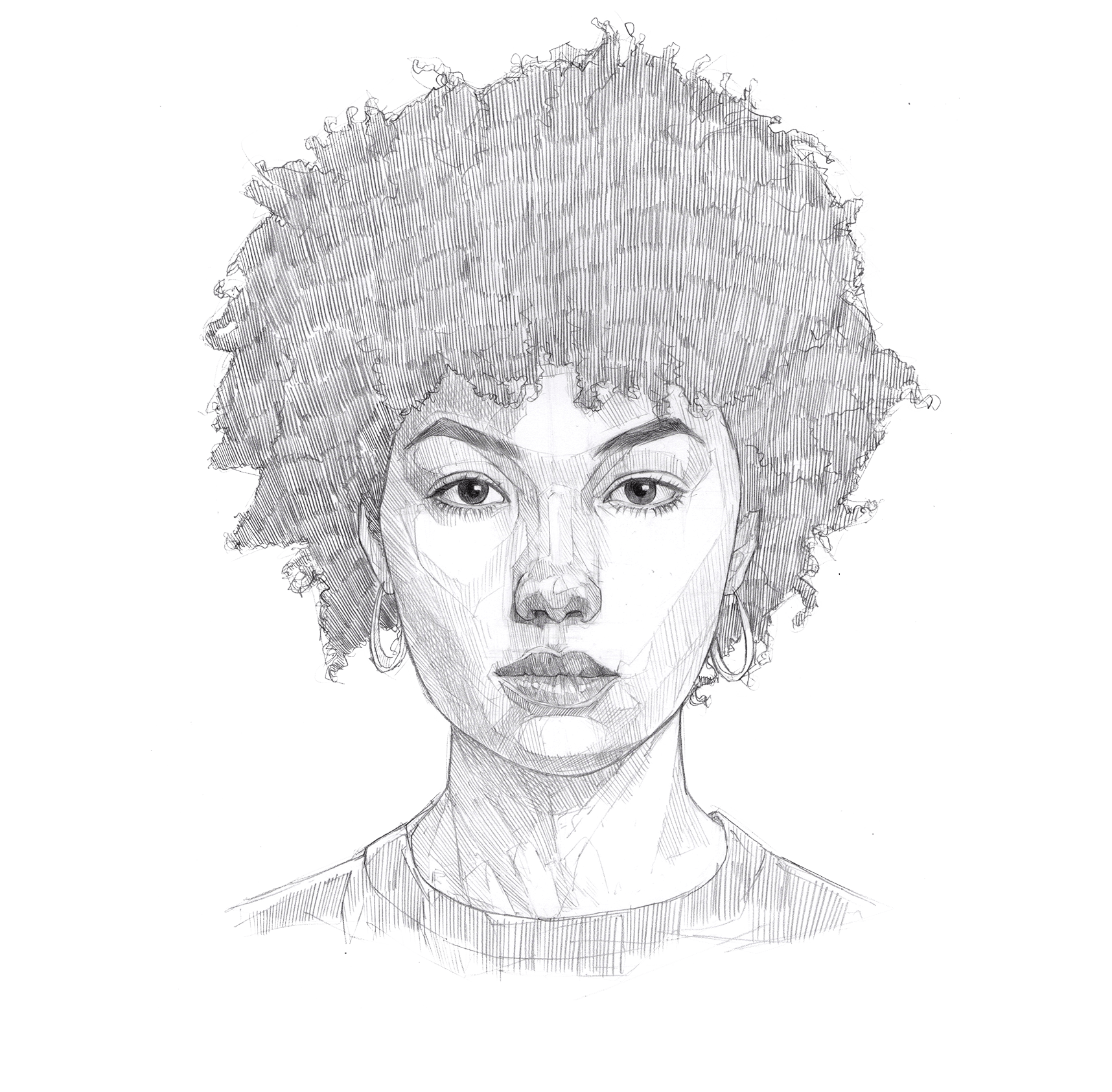Mind your facial expressions
Participant 1: I would expect the counsellor to be empathetic, just like I said earlier too - be able to connect and not judge at all. 'Cause, when you are asking questions that may be like - may be from an innocent point of view, and may sound judgmental to a victim, who is now more sensitive to, more than words, even facial expressions, I feel that a victim's experience should be handled very gently and very - with very, so much care and compassion.
Facilitator: That is advice you can give to someone who isn't in our culture. Make sure you listen; and the thing about us is that we look for facial expressions. So if it goes off, it's off. [...] So mind your facial expressions.
Recommendations
-
Use approaches that are trauma informed and survivor-centred.
-
Ensure all sexual violence prevention and response education and training opportunities actively deconstruct victim-blaming, rape myths and gender norms. Ensure these sessions take an intersectional approach to understanding sexual violence and supporting victim/survivors.

